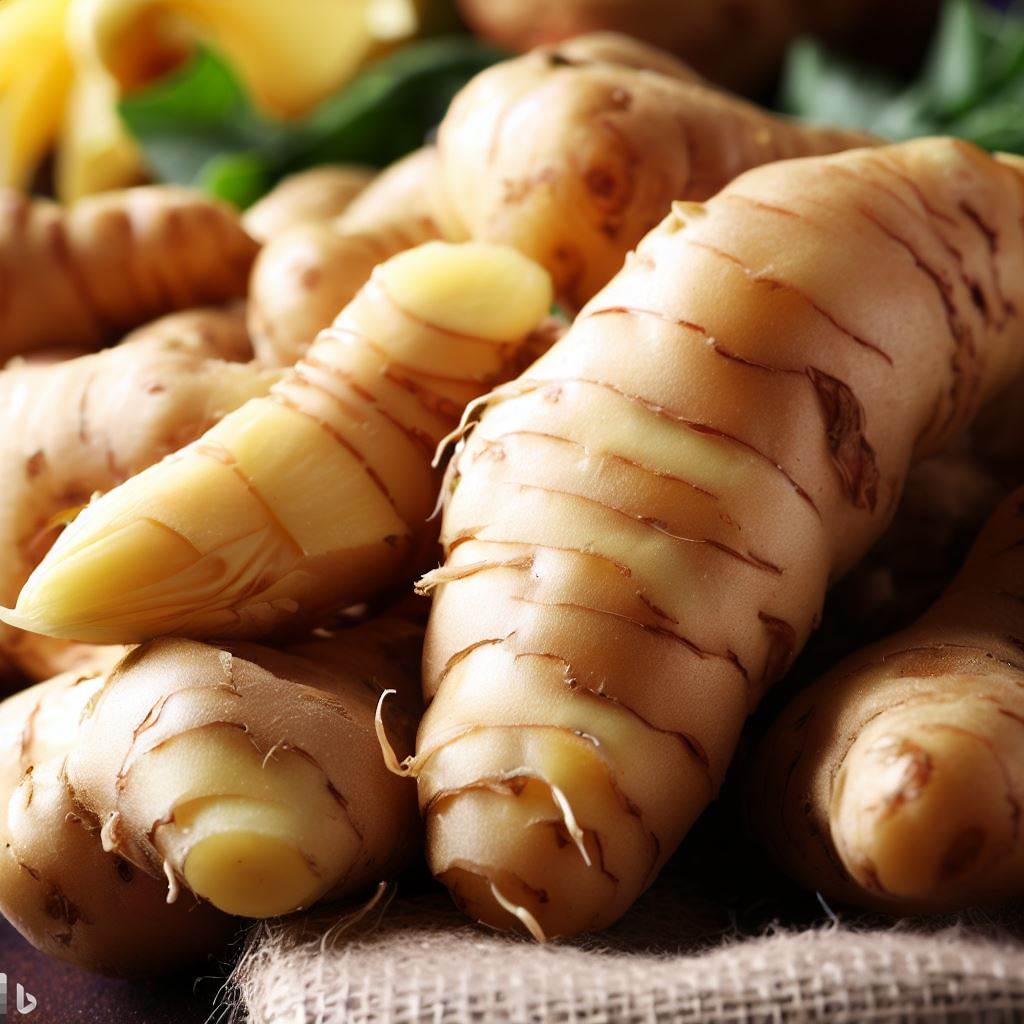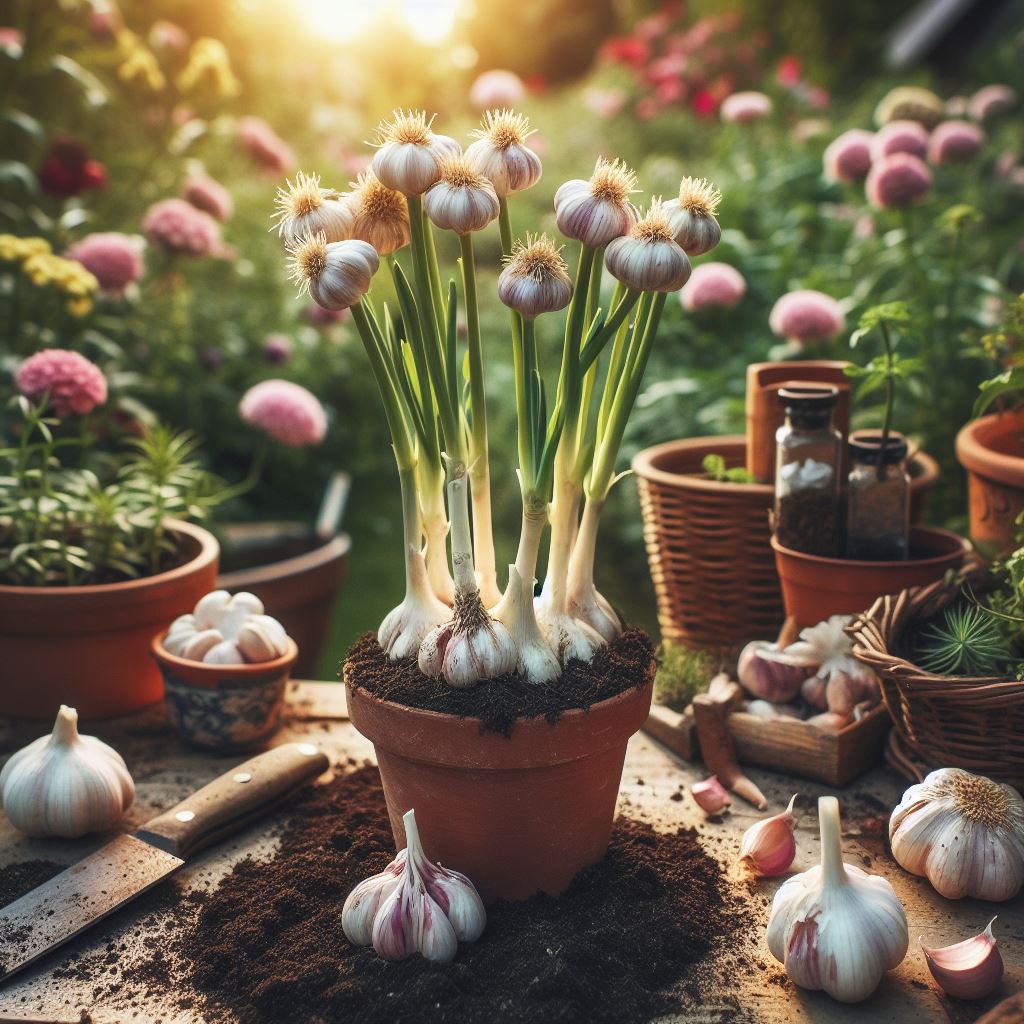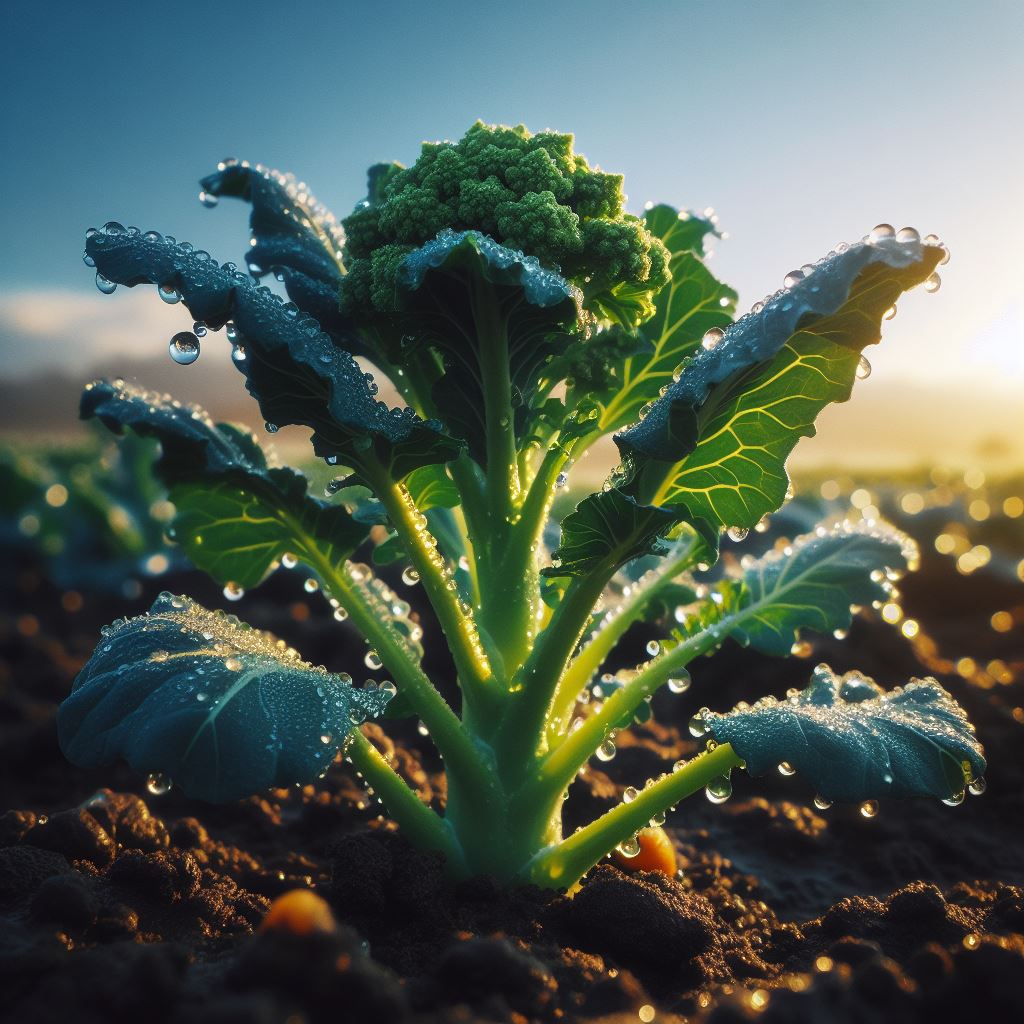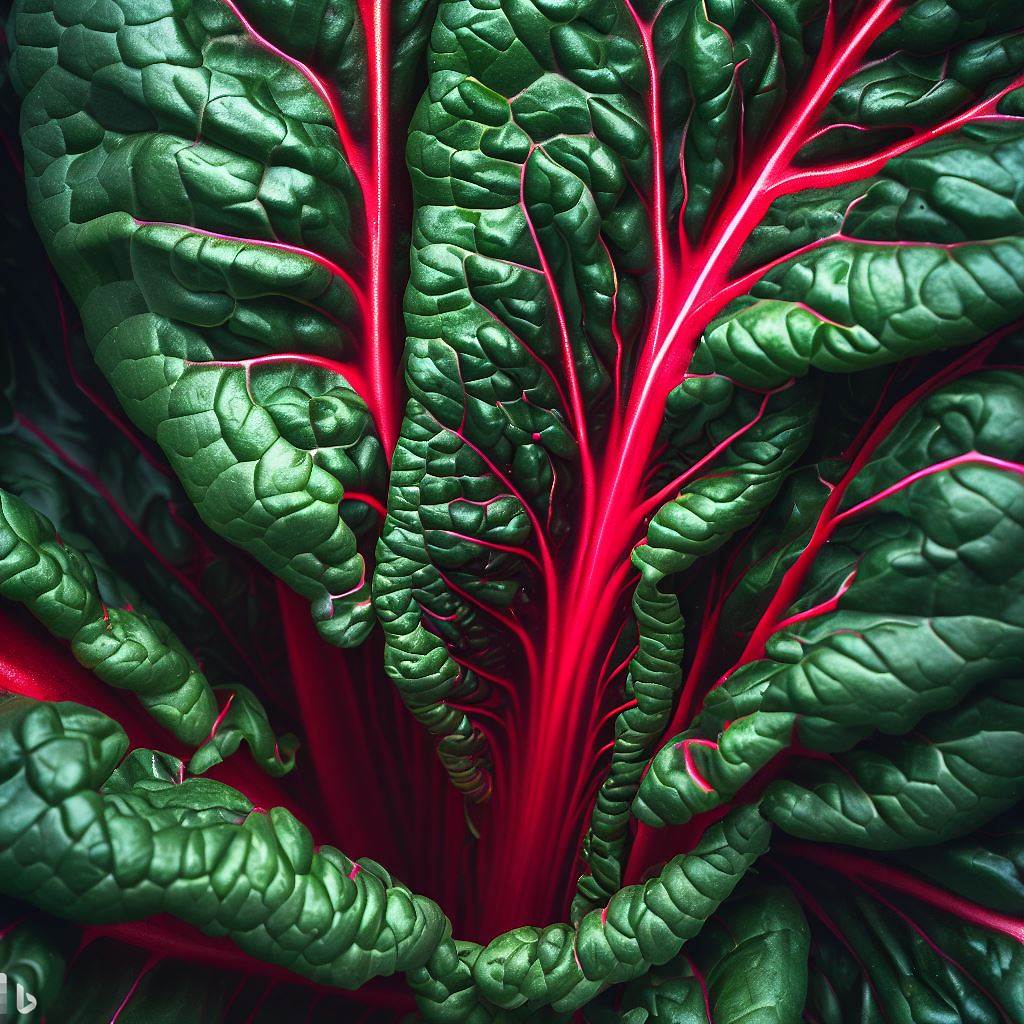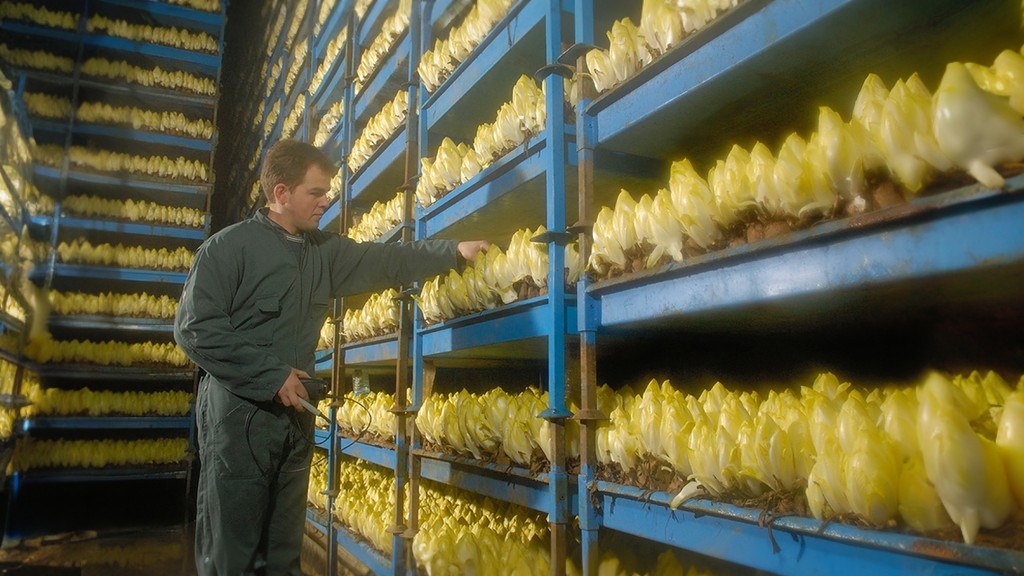Introduction
Welcome to a flavorful expedition into the world of Jerusalem artichoke—a versatile and delectable ingredient that has been captivating taste buds around the globe. In this article, we will delve into the culinary wonders of Jerusalem artichoke, exploring its unique taste, nutritional benefits, and diverse applications in the kitchen.
What is Jerusalem Artichoke?
Often mistaken for an artichoke or originating from Jerusalem, Jerusalem artichoke (Helianthus tuberosus) is, in fact, a species of sunflower native to North America. Also known as “sun choke” or “earth apple,” this knobby, root vegetable boasts a delicate flavor that has gained popularity among food enthusiasts and chefs alike.
Nutritional Value of Jerusalem Artichoke
Beneath its unassuming appearance, Jerusalem artichoke hides a wealth of nutritional benefits. Packed with vitamins such as B-complex, C, and E, as well as essential minerals like potassium and iron, this vegetable supports overall health and well-being. Moreover, its high fiber content aids digestion and promotes a healthy gut.
Jerusalem Artichoke in Cooking
As a star ingredient in various cuisines worldwide, Jerusalem artichoke shines in both traditional and contemporary dishes. Its ability to elevate flavors and add unique textures makes it a favorite among culinary experts. From velvety purees to hearty soups and crispy chips, this versatile vegetable adapts to a wide range of culinary creations.
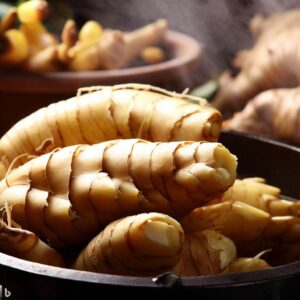
Exploring the Unique Flavor Profile
Imagine a delightful blend of artichoke and sunflower seeds. That’s precisely the taste that Jerusalem artichoke offers. With a mild, nutty flavor and a hint of sweetness, it surprises the palate with every bite. Its firm, yet tender texture adds a delightful element to any dish.
How to Select and Store Jerusalem Artichoke
To savor the best of Jerusalem artichoke, choose tubers that are firm, blemish-free, and free of sprouts. Store them in a cool, dark place, and they will reward you with freshness and flavor.
Culinary Tips and Recipes
Preparing Jerusalem artichoke is a breeze. Scrub the tubers clean, and they’re ready to become stars in your kitchen. Here are two easy-to-follow recipes to get you started:
Creamy Jerusalem Artichoke Soup
- Sauté onions and garlic, add peeled and chopped Jerusalem artichoke.
- Pour vegetable broth, simmer until tender, then blend until creamy.
- Season with salt, pepper, and a dash of nutmeg. Serve hot with crusty bread.
Roasted Sun choke Salad
- Toss sliced Jerusalem artichoke with olive oil, salt, and pepper.
- Roast in the oven until achieving a golden hue and a delightful crispiness.
- Mix with arugula, cherry tomatoes, goat cheese, and balsamic vinaigrette.
Jerusalem Artichoke in Fine Dining
Embracing its unique flavor, renowned chefs worldwide have embraced Jerusalem artichoke in their haute cuisine creations. Its ability to complement other ingredients makes it a top choice for innovative, fine dining dishes.

Health Benefits of Jerusalem Artichoke
Beyond its culinary appeal, Jerusalem artichoke offers a range of health benefits. Its prebiotic properties promote the growth of beneficial gut bacteria, aiding digestion and improving overall gut health. Additionally, it aids in stabilizing blood sugar levels, making it an excellent option for diabetics.
Jerusalem Artichoke as a Sustainable Food Source
With environmental concerns on the rise, Jerusalem artichoke stands out as a sustainable crop option. Thriving in various soil conditions without requiring excessive water, it presents an eco-friendly alternative for modern agriculture.
Jerusalem Artichoke: A Versatile Ingredient
The beauty of Jerusalem artichoke lies in its versatility. From comforting soups and hearty stews to refreshing salads and inventive mains, this vegetable pairs perfectly with a wide array of flavors and textures.
Interesting Facts and Trivia
- Native Americans cultivated Jerusalem artichoke long before the arrival of Europeans.
- Thomas Jefferson, a food enthusiast, grew Jerusalem artichoke in his garden at Monticello.
- The name “Jerusalem” is believed to be a corruption of the Italian word “girasole,” meaning sunflower.
Growing Jerusalem Artichoke in Your Garden
Eager to experience the joy of growing your own Jerusalem artichoke? Plant these tubers in your garden, and with minimal effort, you’ll soon be reaping a bountiful harvest.

The Future of Jerusalem Artichoke in Culinary Culture
As the culinary world embraces sustainability and novel flavors, Jerusalem artichoke holds a promising future. Chefs, home cooks, and food enthusiasts are likely to explore and celebrate its unique charm even further.
Jerusalem Artichoke Farming: Cultivating a Sustainable Delight
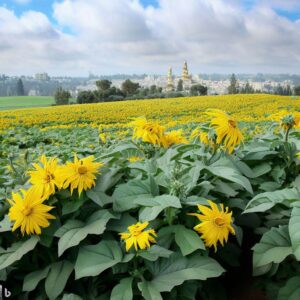
Introduction
Jerusalem artichoke farming has been gaining traction among agricultural enthusiasts due to its numerous benefits. Not only is this crop relatively easy to grow, but it also offers a delicious and nutritious harvest. In this article, we will explore the ins and outs of Jerusalem artichoke farming, from selecting the right cultivar to maximizing yield while promoting sustainability.
Choosing the Right Cultivar
When starting a Jerusalem artichoke farm, selecting the appropriate cultivar is crucial. There are several varieties available, each with its unique traits. Consider factors such as tuber size, yield potential, and adaptability to your local climate and soil conditions. Some popular cultivars include “Fuseau,” “Stampede,” and “White Canadian.”
Preparing the Soil
Jerusalem artichokes thrive in well-draining, loamy soil with a pH range of 5.5 to 7.5. Before planting, prepare the soil by removing rocks, debris, and weeds.
Planting Jerusalem Artichoke
The best time to plant Jerusalem artichokes is in the spring when the soil has warmed up to around 50 to 60°F (10 to 15°C). Plant tubers about 3 to 5 inches deep and 12 to 18 inches apart, with the eye bud facing upwards. Rows should be spaced around 3 feet apart to allow sufficient room for growth.
Providing Adequate Water
Jerusalem artichokes require regular watering, especially during dry spells. While they are relatively drought-tolerant, consistent moisture is essential for optimal tuber development. Aim to provide around 1 to 1.5 inches of water per week, either through rainfall or irrigation.
Managing Weeds and Pests
Keeping the farm free from weeds is essential, as they can compete with Jerusalem artichoke plants for nutrients and water. Applying mulch around the plants aids in inhibiting weed growth and preserving soil moisture. Additionally, regularly inspect the crop for pests such as aphids and Colorado potato beetles. Consider using organic pest control methods to minimize chemical inputs.
Harvesting Jerusalem Artichoke
Harvest time usually falls in late autumn, after the first frost has killed the aerial parts of the plant. Carefully dig up the tubers using a garden fork, being mindful not to damage them during the process. Leave some tubers in the ground if you wish to grow a new crop the following year.
Post-Harvest Handling
Once harvested, brush off excess soil from the tubers and store them in a cool, dark place with good ventilation. Jerusalem artichokes can be stored for several weeks to months, making them readily available for consumption or planting.
The Benefits of Jerusalem Artichoke Farming
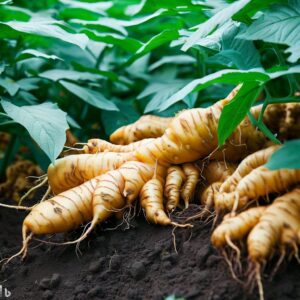
1. Sustainable Crop Option
Jerusalem artichoke is a sustainable crop that requires minimal water and chemical inputs compared to other conventional crops. Its deep root system helps improve soil structure and prevents erosion.
2. Nutritious and Delicious Harvest
The harvested tubers are not only tasty but also packed with essential vitamins and minerals, including iron, potassium, and vitamin C.
3. Versatile Culinary Uses
Beyond farming, Jerusalem artichokes offer various culinary options, making them a valuable addition to any kitchen.
Potential Challenges in Jerusalem Artichoke Farming
1. Invasive Tendency
Jerusalem artichokes can be invasive if not properly managed. Controlling their spread is crucial to prevent them from dominating other crops.
2. Disease Susceptibility
Jerusalem artichokes are prone to certain diseases, such as rust and powdery mildew. Regular monitoring and timely action are necessary to prevent significant damage.
Conclusion
Embark on a delightful journey of flavors with Jerusalem artichoke. From its nutritional benefits to its diverse applications in the kitchen, this root vegetable surprises and delights at every turn. Whether it’s a gourmet meal or a simple, home-cooked dish, Jerusalem artichoke adds a touch of culinary magic that leaves a lasting impression on the taste buds.
FAQs
Can I eat Jerusalem artichoke raw?
While it is safe to consume raw Jerusalem artichoke, cooking it helps enhance its flavors and makes it more digestible.
Is Jerusalem artichoke suitable for diabetics?
Yes, Jerusalem artichoke has a low glycemic index and can aid in stabilizing blood sugar levels.
Can I freeze Jerusalem artichoke for later use?
Freezing Jerusalem artichoke alters its texture, but you can blanch it before freezing to retain some of its quality.
Is Jerusalem artichoke related to the artichoke plant?
No, Jerusalem artichoke is not related to the artichoke plant; it is a species of sunflower.
Does Jerusalem artichoke contain gluten?
No, Jerusalem artichoke is gluten-free, making it an excellent choice for those with gluten sensitivity.

